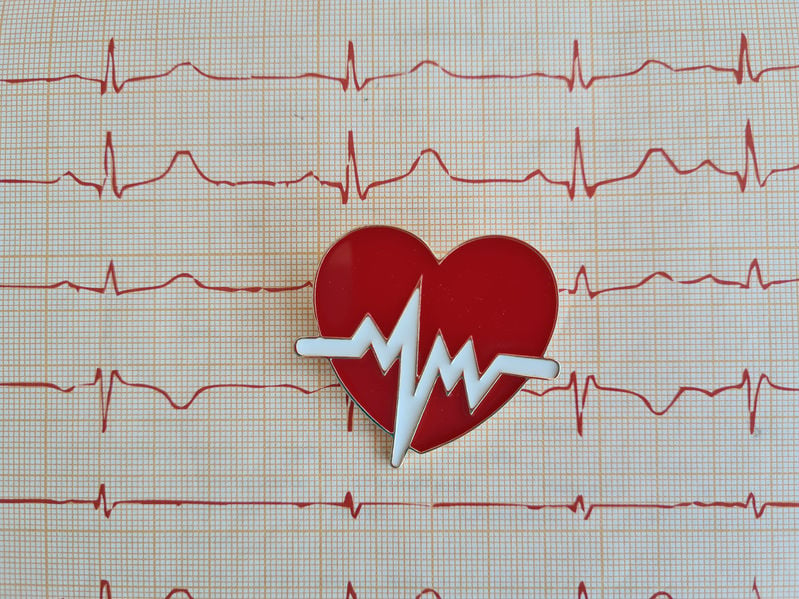Don’t Ignore A Weak Heart
Your Lifeline During A Crisis
In times of mental health crisis, individuals should know help is available. A resource that can provide urgent help in crisis situations is a behavioral health unit (BHU) within a hospital. BHUs are specialized departments offering psychiatric services to patients experiencing acute mental health crises. The units are staffed by mental health professionals, including psychiatrists, psychologists, social workers, and psychiatric nurses.

Immediate evaluation and stabilization
Upon arrival at a BHU, the patient will be evaluated by a mental health professional who will assess the patient’s needs and determine the appropriate level of care. If the patient is in a crisis, the patient will be stabilized and provided with the necessary medical care to prevent the emergency from escalating. Medical interventions can include medication management, crisis counseling, or other forms of therapy.
Access to psychiatric medications
In a BHU, a psychiatrist or psychiatric nurse can provide access to necessary psychiatric medications for patients requiring prescription drugs to manage mental health symptoms. Medications can include antidepressants, antipsychotics, mood stabilizers, and anti-anxiety medications. The unit can work with patients to determine the appropriate medication, dosage, and duration of treatment. The BHU can also monitor the patient's response to the medication.
Individual and group therapy
During individual therapy, patients work individually with a mental health professional to address the underlying causes of the mental health symptoms and learn coping skills. In group therapy, a small group of patients can connect with others going through similar experiences, share insights and feedback, and learn coping skills. The BHU may offer a range of therapy sessions, including cognitive-behavioral therapy (CBT), mindfulness-based therapy, and support groups for specific mental health conditions such as depression or anxiety.
Safety planning
Patients will work with mental health professionals to develop a personalized plan to manage potential safety risks and prevent future crises. Safety planning may include identifying triggers, developing coping strategies, and creating a crisis response plan. For patients at risk of self-harm, the plan may include specific steps to take in a crisis. Overall, safety planning can help patients feel more in control of mental health symptoms and less vulnerable to crises.
Around-the-clock care
The staff closely monitors patients to ensure treatment plans are followed and medications are taken. The BHU also creates a structured routine to promote mental and physical health, provides crisis counseling, and educates patients and families on mental health resources. The unit aims to provide a safe and supportive environment that promotes healing and helps patients manage mental health long-term.
Finding hope in crisis
Behavioral health units can provide urgent care and support to individuals during a mental health crisis. From immediate evaluation and stabilization to ongoing monitoring and care, the specialized hospital departments offer a range of services designed to meet each patient's unique needs. The BHU can be a lifeline for those struggling with mental health concerns. With the help of skilled mental health professionals and a supportive environment, individuals in crisis can find hope and healing and take the first steps toward a brighter future.



